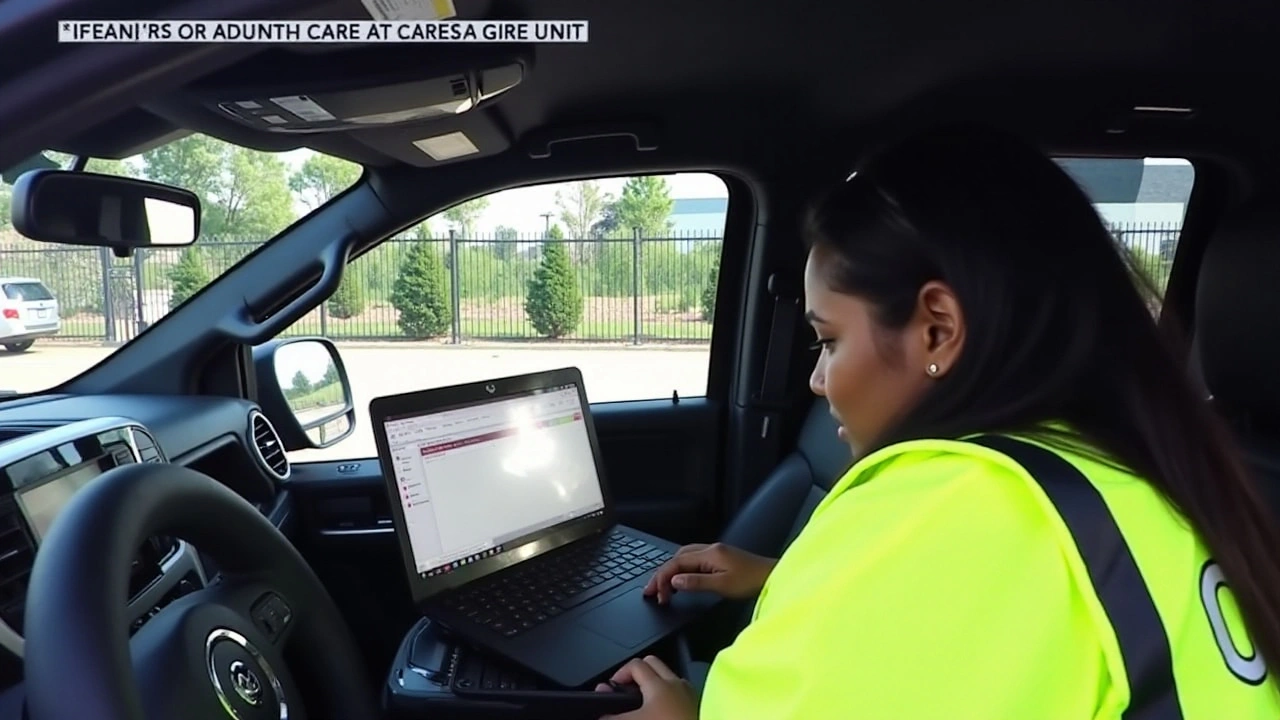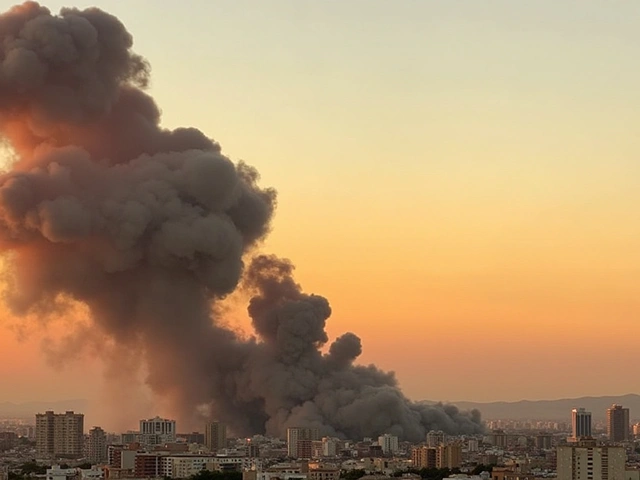Introduction to APD's CARE Unit Expansion
In a decisive move aimed at refining community policing efforts, the Atlanta Police Department (APD) has unveiled plans to amplify the reach of its Community Action Response and Engagement (CARE) Unit. This strategic extension is set to broaden the deployment of civilian patrols across vast swathes of Atlanta, a shift that is poised to redefine the conventional dynamics of policing within the city. By incorporating civilian personnel to handle non-emergency calls, APD not only aims to redistribute resources but also seeks to cement a robust rapport with the communities it serves. The vision for this expansion resonates with Atlanta's larger blueprint of fortified community relations, termed the 'One Atlanta: One APD Community Policing Roadmap.' This roadmap is more than just an operational tactic; it embodies a commitment to transparency, trust-building, and the empowerment of community voices.
Background and Origins of the CARE Unit
To comprehend the full scope of this expansion, it is crucial to trace the origins of the CARE Unit. Created as a pilot program in response to the evolving needs of Atlanta's communities, the unit was designed to address incidents that do not necessitate the presence of sworn officers. The inception of this initiative was rooted in the burgeoning demand for a policing model that dovetails with the community-centric approach. By channeling non-critical situations to well-trained civilian staff, APD was able to streamline its operations, ensuring that officers are available to tackle more pressing, complex cases that require specialized law enforcement skills and authority.
Impact and Success of the Pilot Program
Since its initial rollout, the CARE Unit has become a testament to the potential and efficacy of civilian-inclusive community policing. Chief Darin Schierbaum of APD candidly endorses the unit's achievements, citing its tangible positive impact on neighborhoods. From mediating minor disputes to providing assistance in community events, the civilian patrols have proven to be adept at complementing the efforts of law enforcement. The success stories are manifold; a reduction in response times for minor incidents, greater accessibility of police resources for serious crimes, and an enhanced sense of security among residents are just a few outcomes attributed to the unit's innovative approach.

Details of the Expansion Plan
The upcoming phase of the CARE Unit's implementation represents a leap forward in the city's campaign to solidify community bonds. The scope of the expansion is ambitious but meticulously structured, targeting areas that have expressed an appetite for increased community collaboration. Deployment will be staggered, ensuring that each team is equipped with the tools and training necessary to tackle the diverse challenges of Atlanta's neighborhoods. The skill set of the civilian personnel covers de-escalation techniques, community liaison strategies, and basic first aid, enabling them to act as a bridge between residents and the police.
One Atlanta: One APD Community Policing Roadmap
Atlanta’s One Atlanta: One APD Community Policing Roadmap is at the heart of this transformational journey. The roadmap was conceived not merely as a response to policing needs but as a blueprint for sustainable community partnerships. It outlines key objectives, such as increasing transparency, improving accountability, and fostering a culture of mutual respect between officers and residents. The roadmap underscores the commitment to inclusivity, drawing input from community leaders, civic organizations, and everyday Atlantans to ensure that the policing framework aligns with the city's values and expectations.
Challenges and Opportunities
While the expansion of the CARE Unit is laden with promise, it is not devoid of challenges. Past experiences in other cities have shown that integrating civilians into law enforcement's realm can encounter hurdles, including varying levels of acceptance from the community and existing police forces. Additionally, questions concerning the efficacy and decision-making authority of civilian personnel in more ambiguous situations remain open. However, APD’s commitment to rigorous training and a gradual, informed rollout seeks to mitigate these challenges. The opportunity to reimagine policing — invoking community participation as a cornerstone of public safety — is a chance not just for innovation but for laying the groundwork for long-term societal progress.

Conclusion
The broadened scope of APD's CARE Unit symbolizes more than just an operational enhancement; it is a statement of intent. It reflects a growing recognition that community-led initiatives can significantly enhance public safety and social cohesion. By entrusting community members to be an integral part of the policing framework, APD is not merely delegating tasks but is fostering a shared responsibility for the city's safety and well-being. As the program unfolds, its ultimate impact will be determined by the ongoing commitment of all stakeholders to bridge the gap between perception and practice, continuing to build a city where trust in law enforcement is not just a goal but a lived reality.






Write a comment